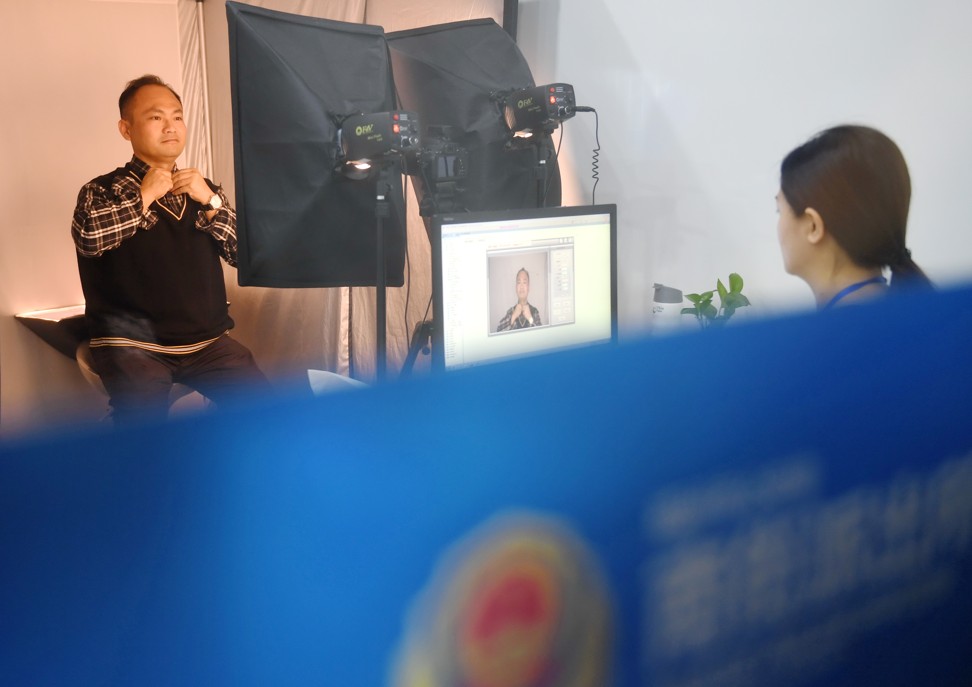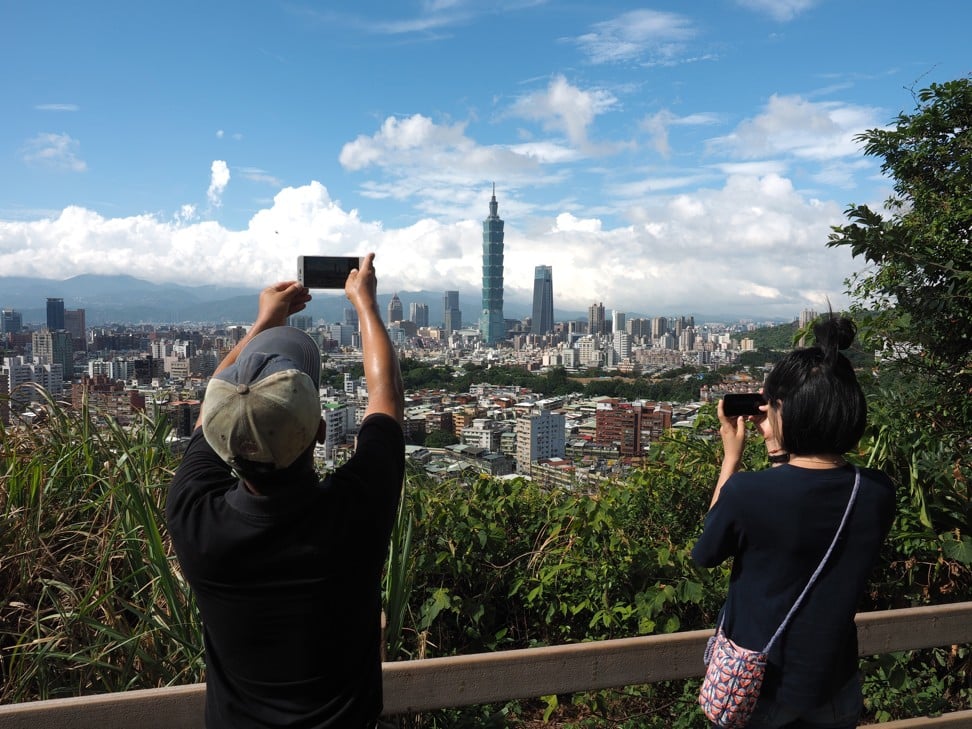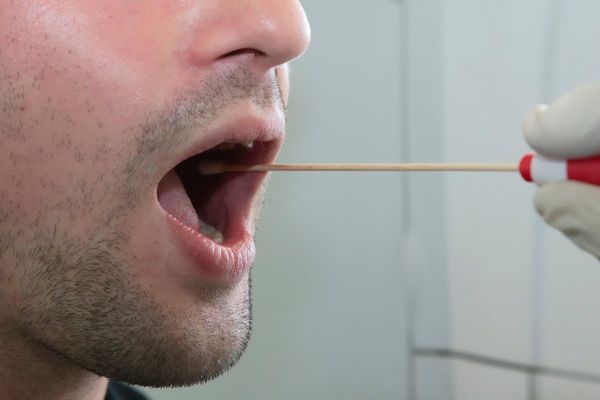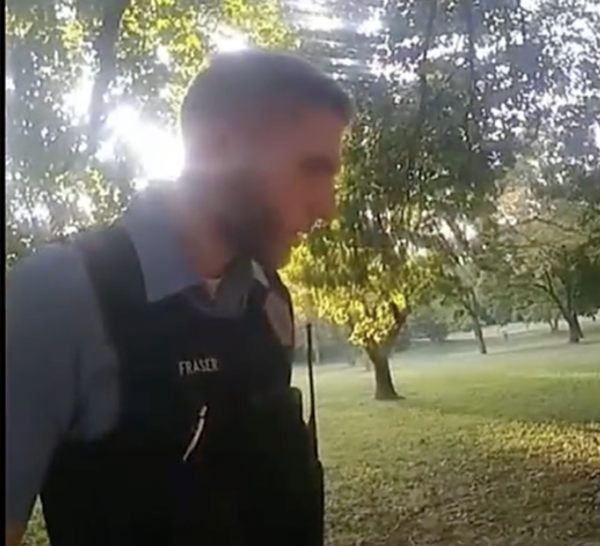
Taiwan said it is considering placing restrictions on people from the self-ruled island that hold residence permits for the Chinese mainland, out of security concerns and fears of a brain drain amid worsening relations between the two sides.
It said also that while it was fine for Taiwanese to work or study on the mainland, they should be aware of the risk of being classed as a spy by Beijing, which last week accused Taipei of running a long-term campaign to steal its secrets.
“It is necessary to have certain control over Taiwanese people who hold the new residence permits,” cabinet spokeswoman Kolas Yotaka told a press conference on Thursday.
Beijing accuses Taiwan of blackmailing students into spying for the self-ruled island
Yotaka was referring to a new scheme introduced by Beijing at the start of September that allows people from Taiwan, Hong Kong and Macau who have worked or studied on the mainland for more than six months to apply for a residence permit. Card holders are entitled to benefits and privileges such as access to housing fund schemes, basic medical care, legal help and social insurance.
Beijing said the plan is designed to make life easier for people from the three locations to live on the mainland, but Taiwan is concerned it is an attempt to lure away its talent and dilute their identity.
With calls being made for permit holders to be stripped of some of their rights as Taiwanese, Yotaka said the government and legislature needed to discuss the issue, and listen to the views of the public.
“The case has now become a serious issue and must be dealt with by the government in a serious manner,” she said.
Is Beijing’s offer of residence permits to Taiwanese a trick or treat?
The government’s announcement is unlikely to go down well with the more than 22,000 Taiwanese who were issued with the new permits in just the first 10 days of the scheme’s launch.
James Liu, an accountant for a Taiwanese electrical appliance company who was sent to work in Beijing, said it was unreasonable of the government to target permit holders as the scheme made it much easier for them to live and work in the mainland.
“It is unfair, because we are just civilians,” he said. “Besides, conditions in Taiwan are not good, so I didn’t have much choice about going to work on the mainland.”
Asked if he would give up the permit, Liu said: “Why should I when it’s so useful?”
Tensions across the Taiwan Strait, the waterway that separates the island from mainland China, have been rising since Tsai Ing-wen, leader of the pro-independence Democratic Progressive Party (DPP), was elected president in 2016.
On Sunday, Beijing accused Taipei of ramping up efforts to steal intelligence from the mainland through “infiltration” and “sabotage”, and warned it against doing anything to further damage already strained relations.
The allegations were made in a television programme broadcast by state-run CCTV, which said that numerous young people from the mainland had been lured into illicit relationships with spies while studying at Taiwanese universities. Those exploits were then used as a blackmailing tool once the graduates had risen to positions of power or authority.
Beijing tells Taiwan to halt all spying and ‘sabotage’ in mainland China
Chen Ming-chi, deputy minister of Taiwan’s Mainland Affairs Council, said on Thursday that regardless of the sweeteners offered by Beijing, Taiwanese working or studying on the mainland should be alert to the many possible dangers it entailed, including being accused of spying.
He was speaking at a seminar in Taipei to discuss the growing trend for Taiwanese students and teachers to relocate to the mainland for the perceived benefits.
Lee Cheng-liang, a Taiwanese academic who studied at Peking University, said at the same event that he was shocked after graduating from the esteemed seat of learning to be sent a report detailing what he had said and done there as a student.
“This document could have gone to my future workplace were it not for the university returning it to me,” said Lee, who is now an assistant professor of mass communications at National Chengchi University in Taipei.
Analysts said that the comments coming from Taipei showed its disgruntlement at the charges of espionage made by Beijing, which considers Taiwan a breakaway province awaiting reunification, by force if necessary.
“Apparently, the government of President Tsai Ing-wen thinks it must act tougher in dealing with the [residence] permits case after the spy allegations,” said Wang Kung-yi, a political-science professor at Chinese Culture University in Taipei.
New ID card will give Hong Kong, Macau and Taiwan residents same access to public services as mainland Chinese counterparts
Chang Wu-ueh, director of the Research Centre for Cross-strait Relations at Tamkang University in Taipei, said Taiwanese students should be aware of the risks of studying on the mainland.
“The record will travel with you everywhere [in China],” he said.
Asked whether he thought the benefits offered by the residence permits were enough to outweigh the negative aspects of living on the mainland, Chen was in no doubt.
“Most Taiwanese, who are used to freedom and democracy, would find it hard to live in a highly controlled place like the mainland,” he said.
Zhu Feng, a professor at Nanjing University in east China’s Jiangsu province, said he was not surprised that Taipei had hit back at the residence permit scheme, but did not expect it to take the matter too far.
“The administration had to do something to show its strength in the face of the pressure from Beijing, otherwise it would have appeared to be discrediting Tsai’s leadership,” he said.
But the scheme had been widely welcomed by Taiwanese, and especially businesspeople, living on the mainland, he said, so the DPP would have to take that into consideration.
“If the restrictions go too far, the DPP will lose votes and donations from the business community,” Zhu said.
Additional reporting by Liu Zhen









